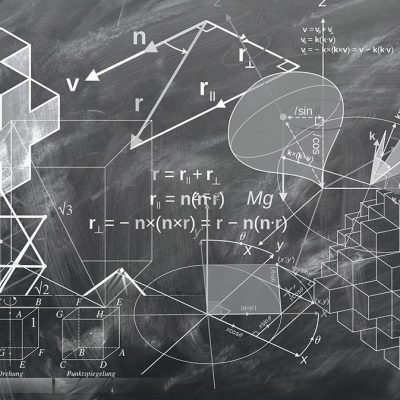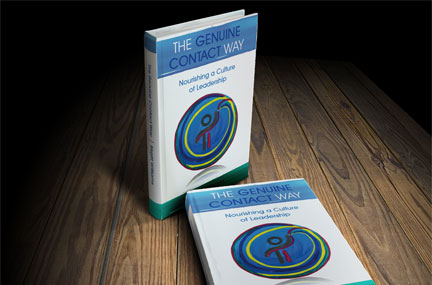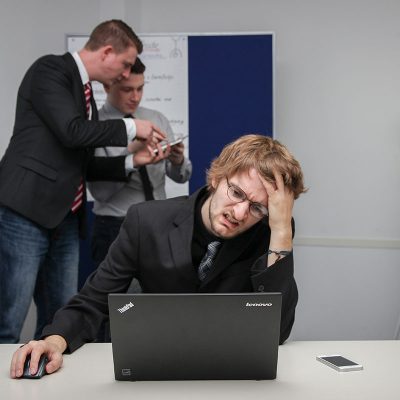Use of participatory meetings to access collective intelligence
Immediately upon this gift of the Medicine Wheel being released and my awareness of it, in rapid succession, I met Harrison Owen and learned about facilitating a meeting using his method of Open Space Technology (Owen, Harrison. Open Space Technology: A User’s Guide. San Francisco: Berrett-Koehler Publishers, Inc., 1997); I met Angeles Arrien and learned more about cross cultural work with the Medicine Wheel in all indigenous cultures in the work she calls The Four Fold Way (Arrien, Angeles. The Four-Fold Way. San Francisco: Harper Collins, 1993) that transcends cultures; I met and learned from John Cobb about Process Theology( Cobb, John B. Process Theology as Political Theology. Manchester: Manchester UP, 1982.) that tied into what I knew about Quantum Physics; and, I met and learned from Marge Dennis about facilitating meetings using Process Facilitation. All four advocated working with groups sitting in circles with no barriers between. That was encouraging for me. All four believed that there was a collective intelligence/collective wisdom that could be accessed and that the solutions found could assist any group to achieve what might otherwise, in ordinary thinking, be deemed impossible.
Adaptive healthy growth requires that the organization has the capability to integrate the collective intelligence of everyone involved in the organization. It also requires that the means of accessing and using the collective intelligence is achieved by riding the waves of solutions rather than staying in the fixed, more limiting problem focus. Open Space Technology(OST) and Process Facilitation both provided methods for facilitating meetings that did not allow reality to be ignored, yet once reality was acknowledged, allowed people to use individual and collective intelligence to find solutions in a short time frame. At the time, Open Space Technology meetings were two day events, and later evolved to being successful in shorter time frames. I have no interest in how short a time frame eventually was achieved. My interest lay more in how short a time frame would allow the use of collective intelligence in a way that was useful. My experience was that this could be achieved in a four hour OST meeting although my preference to ensuring that the best wisdom has emerged remains in the two or more day meeting. If it took a long time to get to the situation at hand, and in one case in one organization I worked with, the mess had existed for eighty years costing them lots in time and money, then taking a full two to three days to find the solutions that could be successfully implemented by willing participants was a very small investment of both time and money.
I invite you to come and learn with us about using participatory meetings to tap into collective intelligence. We teach Working with Open Space Technology and Whole Person Process Facilitation, both credible methods for tapping into collective wisdom and finding solutions quickly.











Leave a Reply
You must be logged in to post a comment.